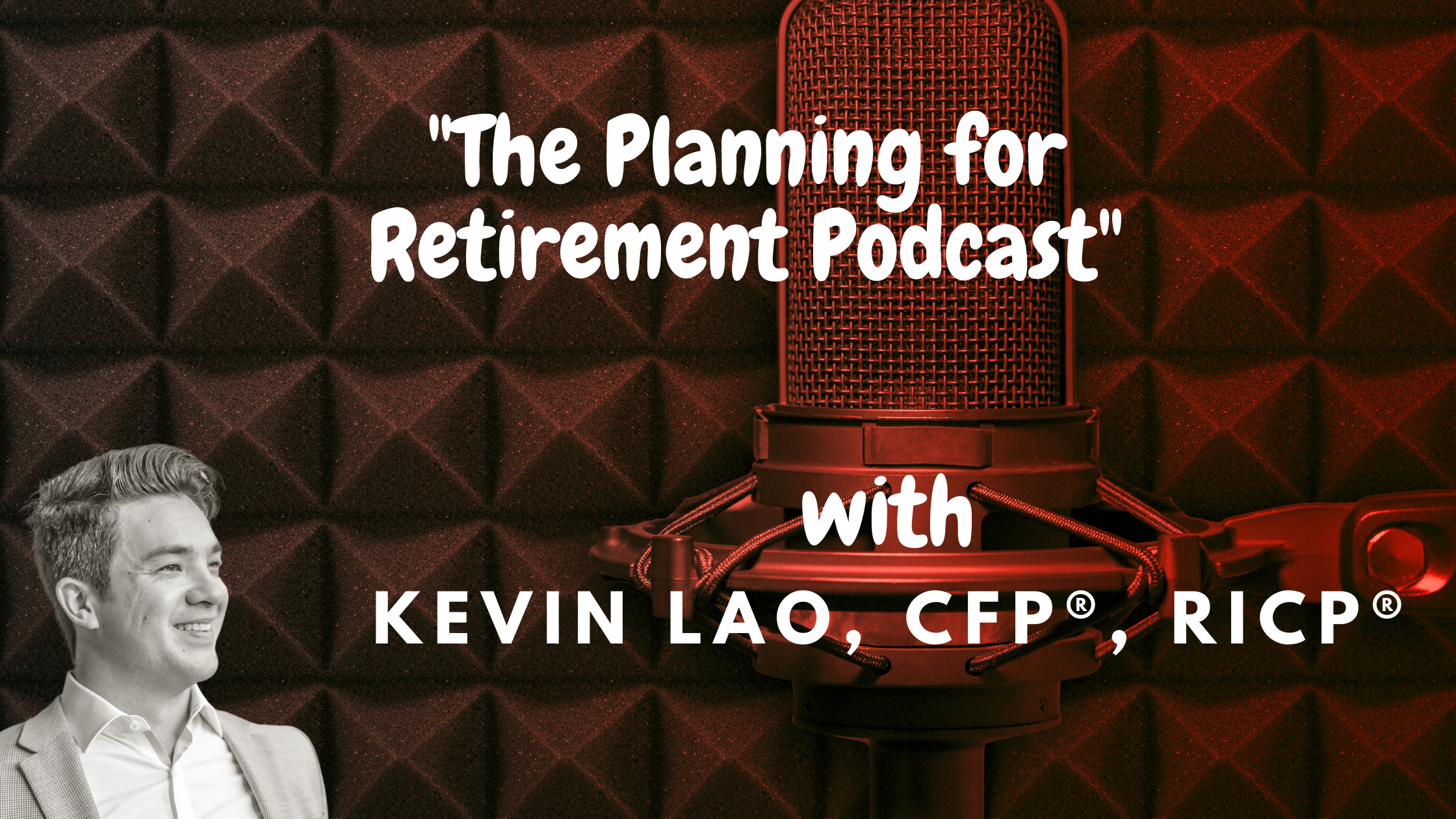Ep. 59: We’ve Been Retired for 8 Years, How Are Things Going? ‘Whiteboard Retirement Plan’ Vol 3 Ft. Sonny and Cher
PFR Nation,
It’s hard to believe we are wrapping up 2024! I hope everyone is having a wonderful holiday season with their loved ones!
This is Volume 3 of the “Whiteboard Retirement Plan” edition of the podcast. The numbers don’t lie, Volume’s 1 and 2 were among the top downloaded episodes for 2024. I will continue to do the Whiteboard Retirement Plan breakdowns every 4 or 5 episodes or so. I don’t want to overplay it, so I’ll track the data to ensure you are still finding value in that content.
If you want to be FEATURED in a Whiteboard Retirement Plan breakdown, you can fill out the Retirement Readiness Survey which is linked at the end of the show notes. There is a question that asks, “How do you want to engage with us?” One of the responses is the Whiteboard Retirement Plan on YouTube, so check that box. That is also the questionnaire you would fill out if you are interested in hiring our firm in 2025. Based on our current capacity, I see about 8 new client slots will be available for us to bring on in 2025. So, I would highly recommend acting soon if you’ve been thinking about engaging with us.
With all of that out of the way, I hope you find value in this episode! I think there is a lot to learn from “Sonny and Cher’s” breakdown related to:
- Part time work
- Delaying Social Security
- Spousal Social Security
- Spending phases (Go Go Years, Slow Go Years, No Go Years)
- Rates of withdrawal
- Investment returns related to a “Balanced Portfolio”
- Process of withdrawals during a down market
- Downsizing in retirement
And more!
If you are 50+ and have accumulated over $1mm for retirement, you will probably want to follow/subscribe to the show as I am sure you will find some value in the content we put out.
And with that, I am signing off for 2024! Wishing you a Healthy, Happy, and Prosperous 2025!
-Kevin
Connect with me here:
- Facebook
Are you interested in working with me 1 on 1?
Click this link to fill out our Retirement Readiness Questionnaire
Or, visit my website

